Religion: Synagogues/Temples

Jewish Feminism in the United States
Challenging all varieties of American Judaism, feminism has been a powerful force for popular Jewish religious revival. The accomplishments of Jewish feminists have transformed American Jewish life, even as the ultimate goal of gender equity and shared power has yet to be fully realized.
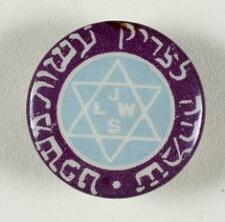
Jewish League for Woman Suffrage
The Jewish League for Woman Suffrage (JLWS) was the only Jewish women’s organization in England—and the world—devoted exclusively to obtaining both national and Jewish suffrage for women.
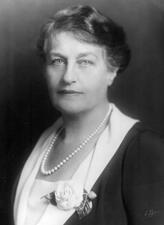
Jewish Museums in the United States
American Jewish women have played an outsized role in the foundation of Jewish museums all over the country. Barred from traditional spaces of power in the early twentieth century, many women—adjacent to power as Rebbetzins, philanthropists, and secretaries of libraries and other Jewish organizations—leveraged their connections to found new kinds of cultural institutions: museums.

Women, Music, and Judaism in America
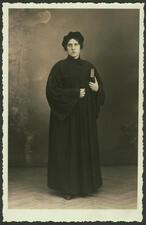
Regina Jonas
Regina Jonas longed to become a rabbi for most of her life, and despite significant obstacles, was ordained in 1935. As the first ordained female rabbi, she worked in Berlin until her deportation to Theresienstadt, where she continued to preach, teach, and inspire her fellow inmates until her final deportation to Auschwitz.
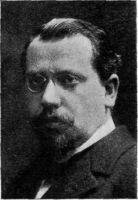
Mordecai Kaplan
Regina Kaplan
Regina “Kappy” Kaplan was nurse, teacher, hospital administrator, and health care innovator. Most notably, Kaplan helped break down gender barriers in medicine by creating the first nursing school in the South that admitted male students.
Karaite Women
Family law and personal status of women are important aspects of both the daily life and the halakhah of Karaite communities. Karaite legal sources often deal with rules pertaining to betrothal, marriage, divorce, ritual purity, and incest.
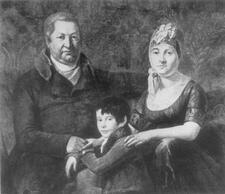
Chaile Raphael Kaulla
Chaile Raphael Kaulla was the most influential Jewish woman entrepreneur and one of the last Court Jews in eighteenth-century Germany. A devout Jew, Kaulla supported both Jewish and Christian poor people, founded a hostel for Jewish travelers, and in 1803 donated a bet midrash, library, and funding for three rabbis to her town of Hechingen. The Austrian Emperor honored Kaulla in 1807 and she and her family were allowed to live in Stuttgart with rights equal to those of Christian citizens.
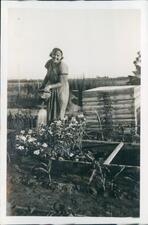
Kibbutz Ha-Dati Movement (1929-1948)
Beginning in 1929, the religious kibbutz (Kibbutz Ha-Dati) movement represented the confluence of progressive ideals of equality and collectivism and traditional customs of Judaism. As a result, women in the movement lived at a crossroads.

Kinnim (Tractate)
Tractate Kinnim (“nest” or “birds in a nest”), the last tractate in Order Kodashim (Holy Things), deals with the smallest type of sacrifice, a pair of turtledoves or young pigeons—one nest, hence the title.
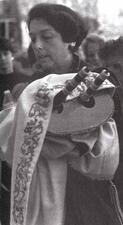
Francine Klagsbrun
Irene Caroline Diner Koenigsberger
A distinguished chemist credited with discovering the molecular structure of rubber, Irene Caroline Koenigsberger refused to patent her work, making her discovery available to all. She was also an important figure in the Washington, D.C. Jewish community, cofounding Temple Sinai and the B’nai B’rith Hillel at George Washington University.
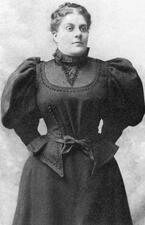
Rebekah Bettelheim Kohut
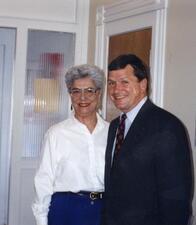
Marcia Koven
Marcia Koven was the founding curator of the Saint John Jewish Historical Museum, one of a number of museums dedicated to Jewish history in Canada’s Maritime Provinces. Her work inspired other Jewish museum projects in Atlantic Canada, and she held a number of other leadership roles related to Jewish life and history.
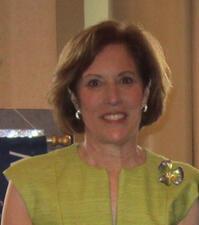
Ruth Kullman
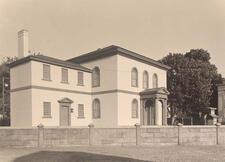
Rebecca Touro Lopez
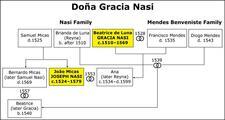
Doña Gracia Nasi
Doña Gracia Nasi was the embodiment of passionate solidarity among exiles. As a young woman she inherited her husband’s fortune, and fled from Lisbon to Venice to Ferrara, where her family lived openly as Jews for the first time. In Constantinople, she assumed a role of leadership in the Sephardi world of the Ottoman Empire.
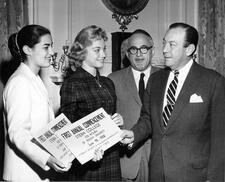
Orthodox Judaism in the United States
Orthodox views on the roles women may play in their communities’ religious, educational, and social life have reflected the range of attitudes that religious group has harbored toward American society. Generally, those Orthodox Jews who have resisted American culture have not countenanced the active participation of women within the synagogue. For other Orthodox Jews, the opening of synagogue life to greater women’s participation, within what they see as the expansive boundaries of halakhah, is but another dimension of their accommodating approach to their encounter with America.
Partnership Minyan
The Partnership Minyan is an Orthodox feminist prayer service that seeks to maximize women’s involvement in prayers while adhering to Jewish law, or halakha, by placing the bima (podium) in the middle and allowing women to lead select sections, although women do not count as part of the quorum of ten men. There are currently over 80 Partnership Minyanim around the world.
Poland: Early Modern (1500-1795)
Polish Jewish Women played a complex role in their society and culture during the early Modern Period. This role was usually gender segregated, but upon a closer look, was more gender flexible than one might think.
Post-Biblical and Rabbinic Women
IIn antiquity, the treatment of women drew from patriarchal biblical traditions. Despite a few notable exceptions, women had minimal legal rights but were active participants in alternative Jewish sects and could hold office. As rabbinic material was codified, control over women increased, although the literature was not exclusively restrictive towards women.
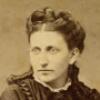
Mary Goldsmith Prag
One of California’s first Jewish educators, Mary Goldsmith Prag came to San Francisco as a young child during the Gold Rush. She became a religious and secular teacher, an administrator, a fighter for equal rights for women, and the mother of the first Jewish congresswoman, Florence Prag Kahn.
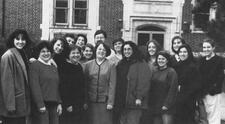
Sally Jane Priesand
On June 3, 1972, when Cincinnati’s Hebrew Union College-Jewish Institute of Religion ordained Sally Jane Priesand rabbi, she became the first woman in America to become a rabbi and the first in the world ordained by a rabbinical seminary.

Graduating Rabbis, the Class of 2017
Back Row: Leiah Moser, Birgit Elke Klein, Diane Sarah Tracht, Kami Knapp, Michael Ethan Pollack, Hannah Michelle Spiro, Rayna Ilyza Grossman
Front Row: Marley Anne Weiner, Jamie Sara Serber, Ariel Cherly L. Tarash, Julianne Denise Benioff, Wendy Georgette Kennebrae, Alexander R. Weissman, Mimi Polin Ferraro


